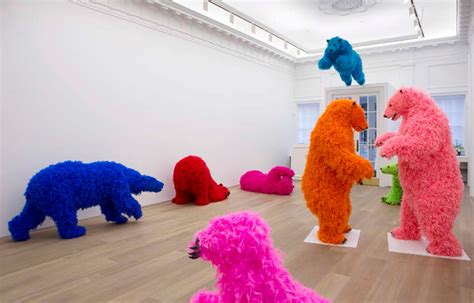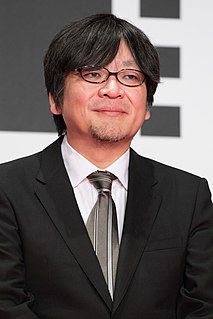A Quote by Noam Chomsky
It is the responsibility of intellectuals to speak the truth and expose lies.
Quote Topics
Related Quotes
A more appropriate expansion is the statement "it is the responsibility of intellectuals to speak the truth and expose lies" a transcript of a talk to a writers conference in Australia in 1996, where I had been asked to talk on "writers and intellectual responsibility" - a question that I said I found "puzzling," because I knew of nothing to say about it beyond truisms, though these were perhaps worth affirming because they are "so commonly denied, if not in words, then in consistent practice."
I think public intellectuals have a responsibility - to be self-critical on the one hand, to do serious, nuanced work rigorously executed; but to also be able to get off those perches and out of those ivory towers and speak to the real people who make decisions; to speak truth to power and the powerless with lucidity and eloquence.
If people depend on me to be a man of truth, I have to prove again and again and again and again that I am a man of truth. It cannot be that on Monday I am a man of truth, on Tuesday I speak three-quarters truth, Wednesday I speak half-truth, on Thursday I speak one-quarter truth, on Friday I don't speak at all, and on Saturday I can't even think how to speak the truth.
I see lies everywhere - switch on the television, it's lies. Everything is lies. In the art world or science community, we are intellectuals, people who research, who are interested in learning and thinking. I think the level of lies is way lower than when you step into what I call "the outside world".
Someone who lies and someone who tells the truth are playing on opposite sides, so to speak, in the same game. Each responds to the facts as he understands them, although the response of the one is guided by the authority of the truth, while the response of the other defies that authority and refuses to meet its demands. The bullshitter ignores these demands altogether. He does not reject the authority of the truth, as the liar does, and oppose himself to it. He pays no attention to it at all. By virtue of this, bullshit is a greater enemy of the truth than lies are.
Truth as a cultural ideal has functioned as an opiate, perhaps the only serious opiate of the modern world. Karl Marx said that religion was the opiate of the masses. Raymond Aron retorted that Marxist ideas were in turn the opiate of the intellectuals. There is perspicacity in both these polemical thrusts. But is perspicacity truth? I wish to suggest that perhaps truth has been the real opiate, of both the masses and the intellectuals.
It is not the truth of Marxism that explains the willingness of intellectuals to believe it, but the power that it confers on intellectuals, in their attempts to control the world. And since, as Swift says, it is futile to reason someone out of a thing that he was not reasoned into, we can conclude that Marxism owes its remarkable power to survive every criticism to the fact that it is not a truth-directed but a power-directed system of thought.




































